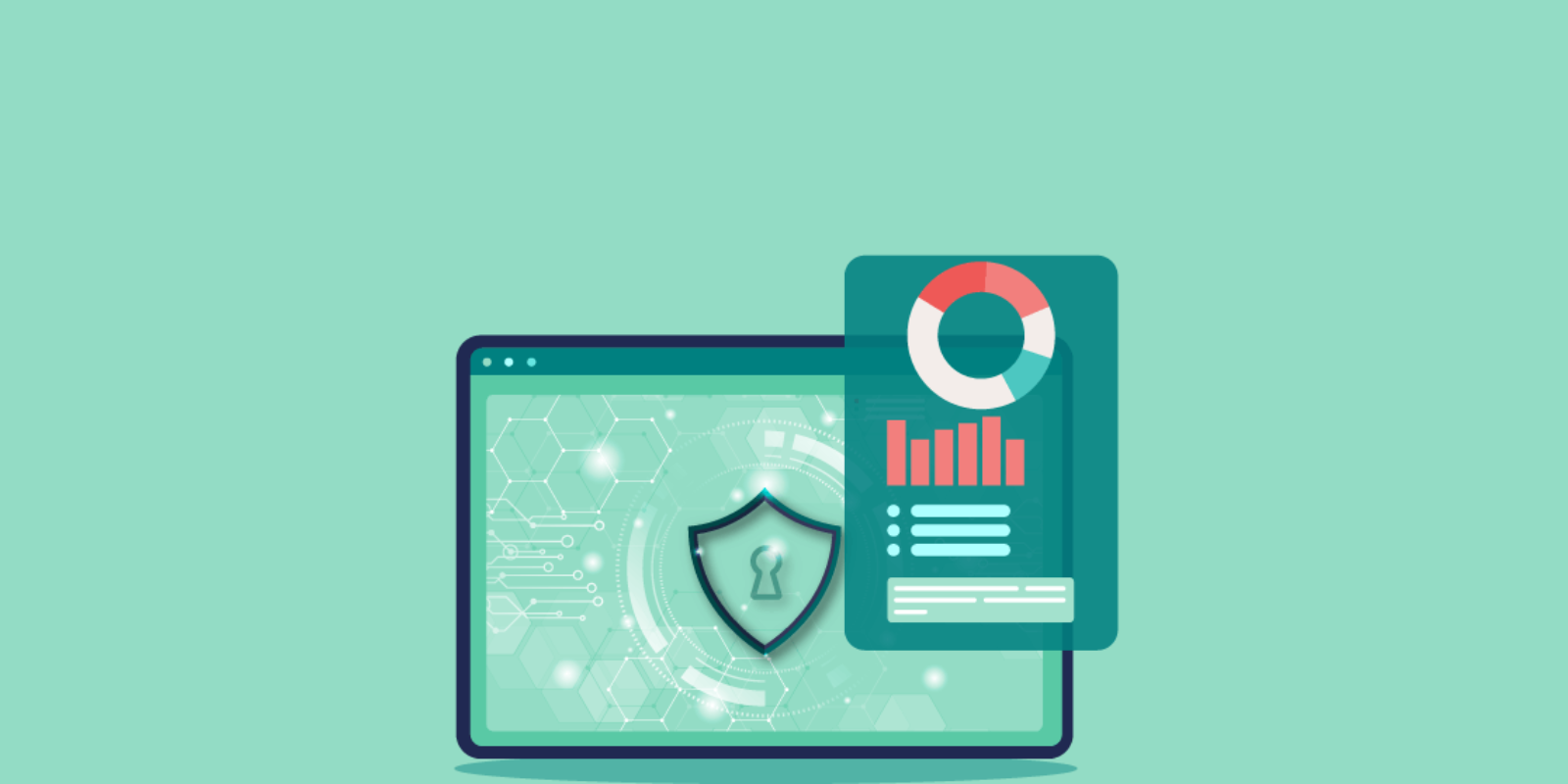Why Denver Businesses Need Proactive Cybersecurity Audits Before It’s Too Late
Imagine the horror of discovering your business’s confidential data exposed to the world.
Customers’ personal information, like their social security number, trade secrets, and financial records laid bare for anyone to exploit. This can lead to your customer’s identity theft. This nightmare isn’t a distant possibility; it’s a reality faced by countless businesses, including those right here in Denver.
In an age where cyberattacks are becoming increasingly sophisticated and relentless, the need for robust cybersecurity has never been more critical.

What is a Cybersecurity Audit?
A cybersecurity audit is an examination of an organization’s security measures. It involves evaluating how well these measures align with industry best practices, regulatory requirements, and the specific needs of the business.
Audits can be conducted internally by qualified staff or externally by specialized cybersecurity firms, like Atom Creek.
The scope of a cybersecurity audit can vary depending on the organization’s size, industry, and risk profile. Some common components include assessments of the:
-
Network security
-
Application security
-
Data security
-
Cloud security
-
Incident response planning
Types of Cybersecurity Audits
-
Vulnerability assessment: This identifies weaknesses in systems, applications, and networks.
-
Penetration testing: Simulates real-world attacks to uncover potential security breaches.
-
Compliance audit: Ensures adherence to industry regulations (e.g., HIPPA, PCI, DSS, GDPR).
Benefits of Regular Audits
-
Identification of vulnerabilities: Uncover hidden weaknesses before they become a serious problem.
-
Improved security posture: Enhance overall security and reduce the risk of a data breach.
-
Compliance assurance: Ensure adherence to industry regulations.
-
Risk management: Identify and manage cybersecurity risks.
-
Enhanced reputation: A strong cybersecurity posture can improve your business’s reputation and customer trust.
The Risks of Not Having a Cybersecurity Audit
The consequences of neglecting cybersecurity audits can be severe, both financially and reputationally.
A data breach can lead to significant financial losses, legal liabilities, and damage to a business’s brand. In today’s digital age, the risks of not having a robust cybersecurity program are simply too great to ignore.
Key Risks:
-
Financial Loss: Direct costs (incident response, legal fees, fines) and lost revenue due to operational disruption and damaged reputation.
-
Reputational Damage: Loss of customer trust, negative publicity, and regulatory penalties.
-
Legal Liabilities: Potential lawsuits, regulatory investigations, and fines.
-
Operational Disruption: System recovery, lost productivity, and disrupted business operations.
Key Areas Covered in Cybersecurity Audits
-
Network Security: Evaluate network infrastructure, devices, and protocols.
-
Application Security: Examine the security of software applications and systems.
-
Data Security: Assess the protection of sensitive personal data.
-
Cloud Security: Evaluate the security of cloud-based services.
-
Incident Response Planning: Review preparedness to respond to and recover from cyberattacks.
Application Security
Application security focuses on protecting software applications and systems from vulnerabilities that could be exploited by attackers. Audits often examine the following areas:
-
Vulnerability scanning: Identifying known vulnerabilities in applications and systems using automated tools.
-
Code reviews: Inspecting application code for security flaws and coding errors.
-
Input validation: Ensuring that applications properly validate user input to prevent injection attacks.
-
Secure coding practices: Assessing an organization’s adherence to secure coding standards and guidelines.
Data Security
Data security is essential for protecting sensitive information from unauthorized access, disclosure, or modification. Audits typically examine the following areas:
-
Data classification: Ensuring that data is properly classified based on its sensitivity and value.
-
Access controls: Reviewing access controls to ensure that only authorized individuals have access to sensitive data.
-
Data encryption: Assessing the use of encryption to protect data both at rest and in transit.
-
Data loss prevention (DLP): Evaluating DLP measures to prevent unauthorized data exfiltration.
The Denver Business Landscape and Cybersecurity Threats
Denver businesses face unique cybersecurity challenges, including phishing attacks, ransomware, supply chain attacks, and data breaches. Understanding these threats is essential for developing effective security measures.
Small businesses in Denver are not immune to cybersecurity threats. In fact, they may be particularly vulnerable due to limited resources and lack of specialized security expertise. It is essential for small businesses to prioritize cybersecurity and implement appropriate measures to protect themselves from attacks.
Choosing the Right Cybersecurity Audit Provider
When choosing a cybersecurity audit provider, consider their experience, expertise, and audit methodologies.
Implementing Cybersecurity Best Practices
-
Employee Training: Educate employees on cybersecurity best practices.
-
Strong Password Policies: Enforce strong password requirements, like regular password changes, and multi-factor authentication.
-
Regular Software Updates: Keep systems up-to-date with the latest security patches.
-
Network Segmentation: Divide networks into smaller, isolated segments.
-
Backup and Recovery: Regularly back up data for disaster recovery and business continuity.
-
Incident Response Planning: Develop and test a plan to respond to cyberattacks.

Let’s Review
In today’s digital landscape, cybersecurity is a necessity. By understanding the risks and taking proactive steps to protect your business, you can safeguard your valuable assets, maintain your reputation, and avoid costly disruptions.
As we’ve discussed, conducting regular cybersecurity audits is a fundamental component of a comprehensive security strategy. By addressing these vulnerabilities and implementing best practices, you can significantly reduce your risk of a data breach.
Remember, cybersecurity is an ongoing process. It requires continuous vigilance, adaptation to emerging threats, and a commitment to protecting your business and its customers.
Don’t wait until it’s too late. Take action today and schedule a cybersecurity audit with Atom Creek to ensure that your Denver business is well-protected in the face of increasing cyber threats.


